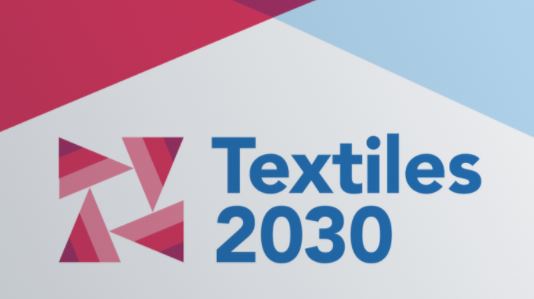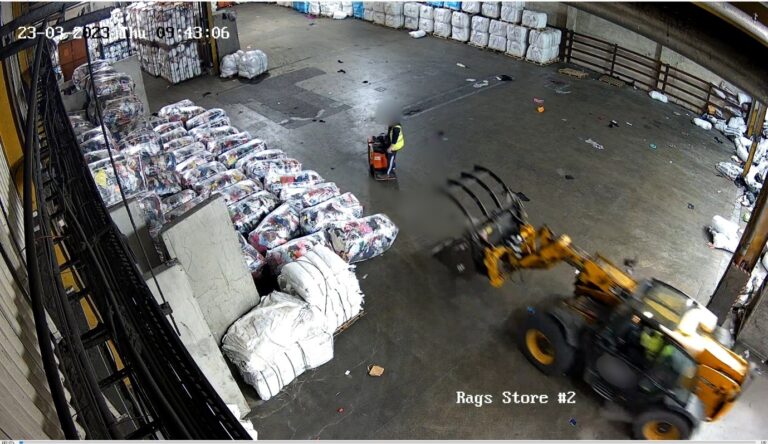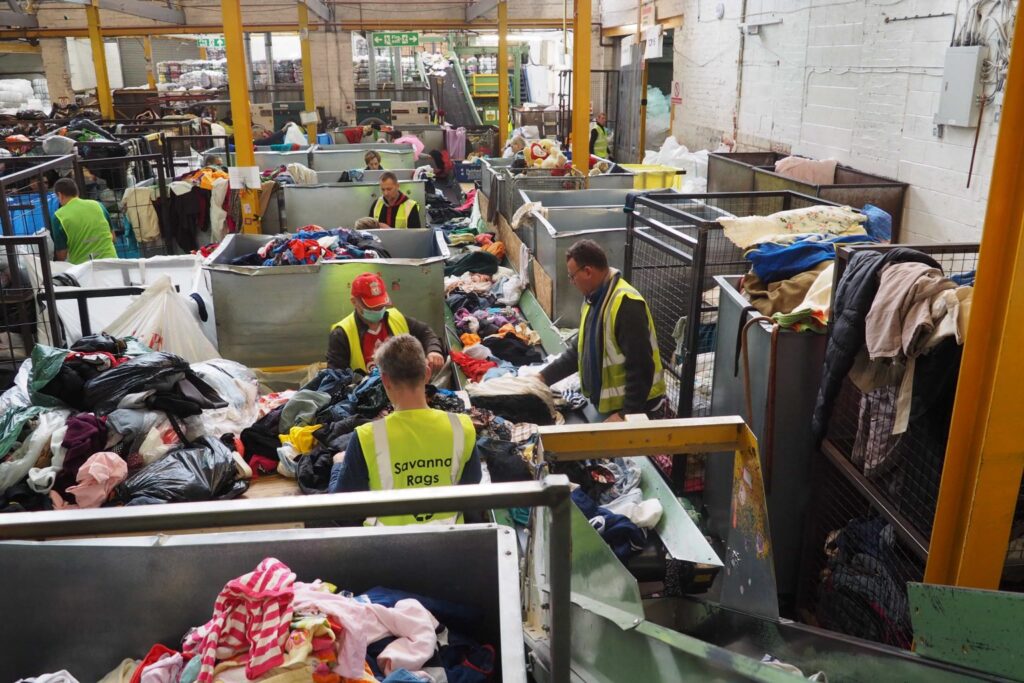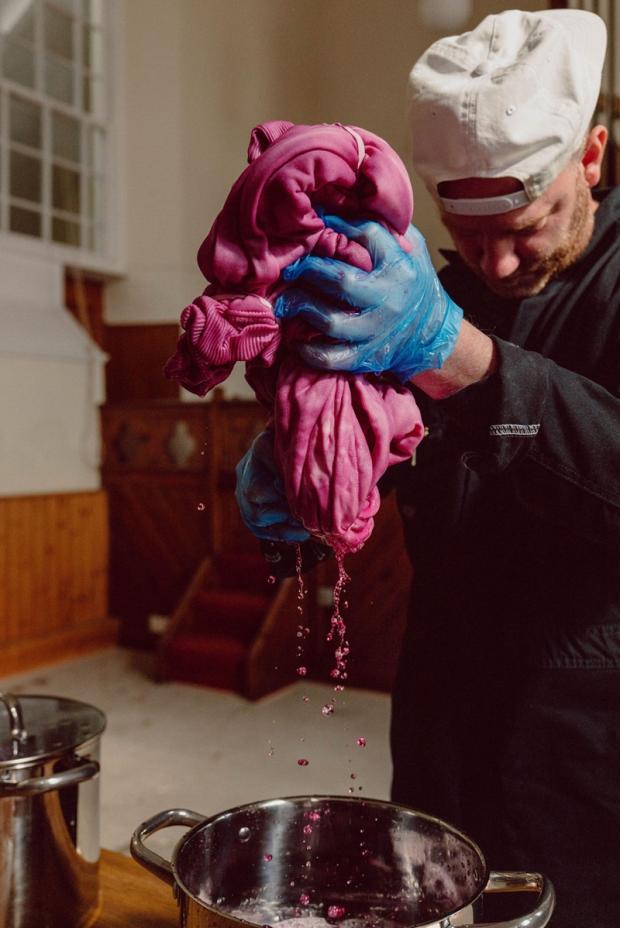eBay, River Island and Oliver Bonas have all signed up, which WRAP said represent “three key parts of industry – home textiles, circular economy innovators and brands”.
This means that more than 100 businesses have now signed up, and Textiles 2030 brands and retailers now represent over 62% of all clothing products placed on the UK market.
The Textiles 2030 initiative sets targets for water and carbon reduction from textiles, as well as targets to ensure “more clothes are sold for reuse then new”.
The new initiative saw a direct target for waste dropped. This comes after the previous Sustainable Clothing Action Plan, launched in 2012, missed it 15% waste reduction target for 2020. A 4% reduction was recorded.
Chris Gale, head of social impact at eBay, explained that the commitment to partnering with WRAP on its Textiles 2030 initiative is a “natural step in our journey to becoming a more sustainable marketplace”.
He added: “ We’ve been extending the life cycle of products for 25 years and are more committed than ever to empowering our users to make more sustainable product choices and supporting our 300,000 business sellers to make long-lasting, impactful changes.”
Olly Tress, founder and managing director, Oliver Bonas added: “By joining we will be able to measure the impact of our products, take meaningful action to reduce our carbon footprint and collaborate with our industry peers to achieve our targets effectively and consistently.”
Initiative
The targets set out include committing to reducing carbon impacts by 50%, and water impacts by 30%; as well as “working together to introduce more circular approaches to their business”.
The initiative, along with nine others, was criticised recently by the campaign group Changing Markets Foundation for not being transparent enough (see letsrecycle.com story).
By 2030, signatories aim to reduce the carbon footprint of new products placed on the market by 50%, and the water footprint by 30%.
Marcus Gover, CEO of WRAP commented: “WRAP wants to create a world in which climate change is no longer a problem. But, with the global fashion industry being responsible for creating more emissions than all international flights and maritime shipping combined, we won’t achieve this if we don’t tackle the way clothes are produced, used, and disposed of. Textiles 2030 is a dynamic and fast-paced approach to the problem with the long-term goal of radically changing how we use textiles to a more sustainable model – for all textiles in the home.”










Subscribe for free